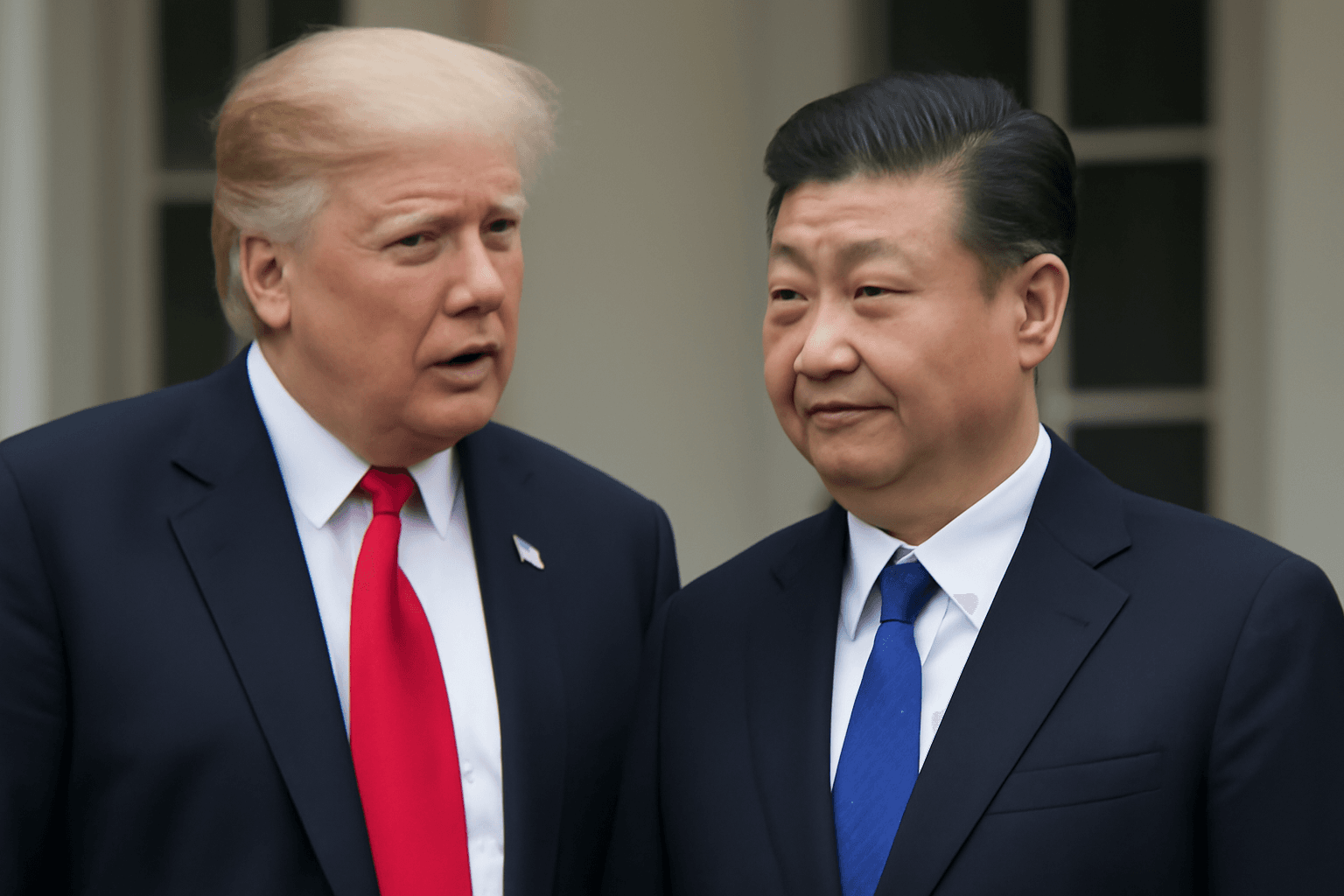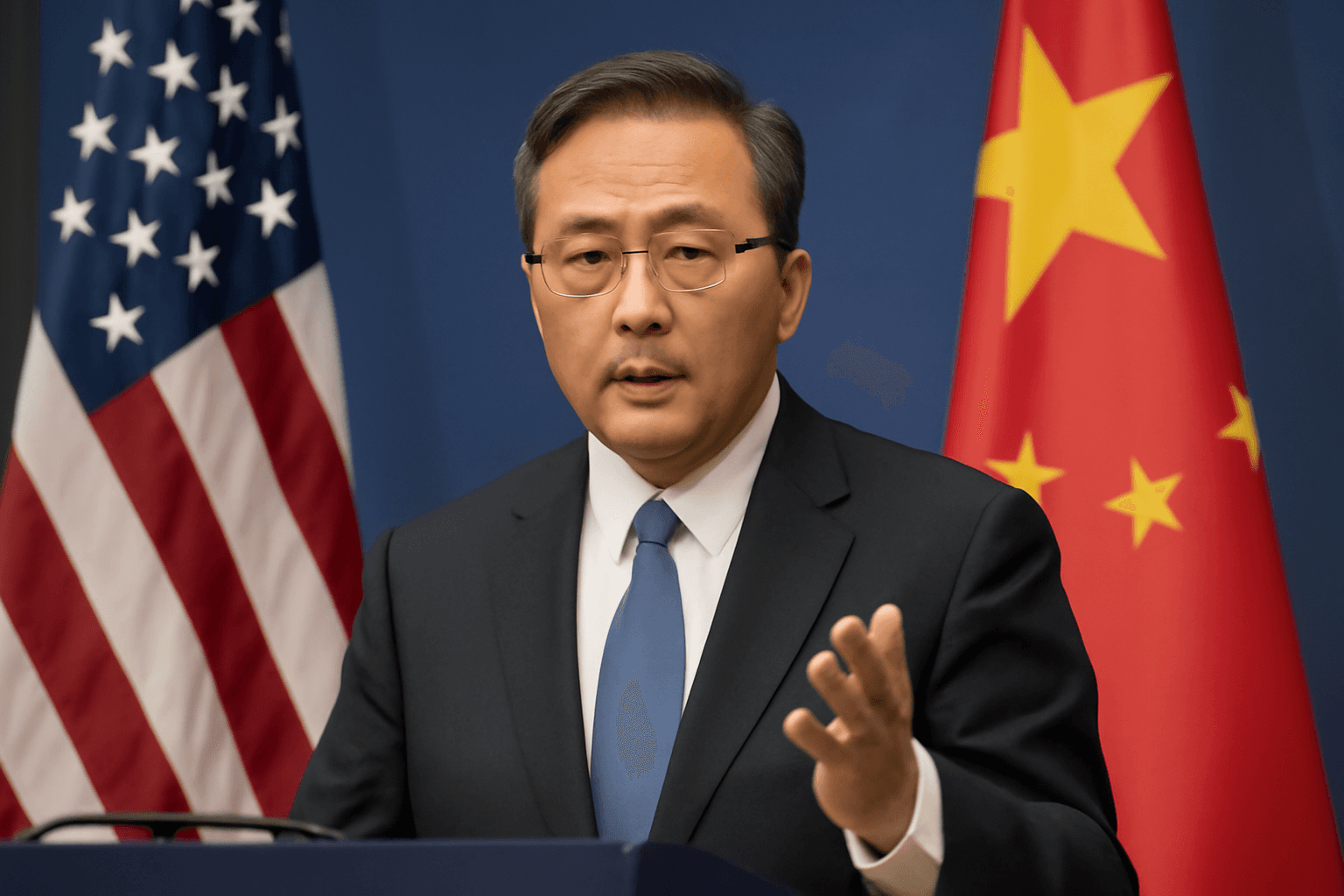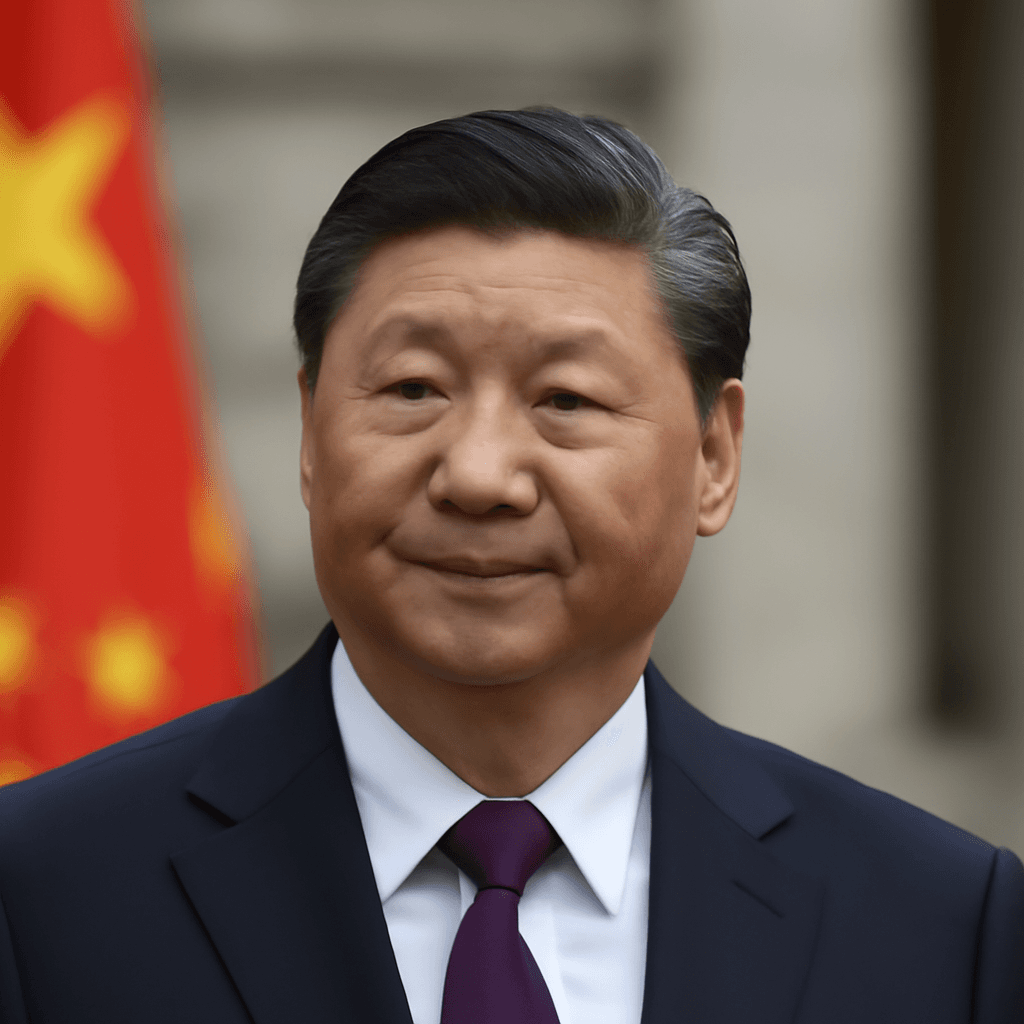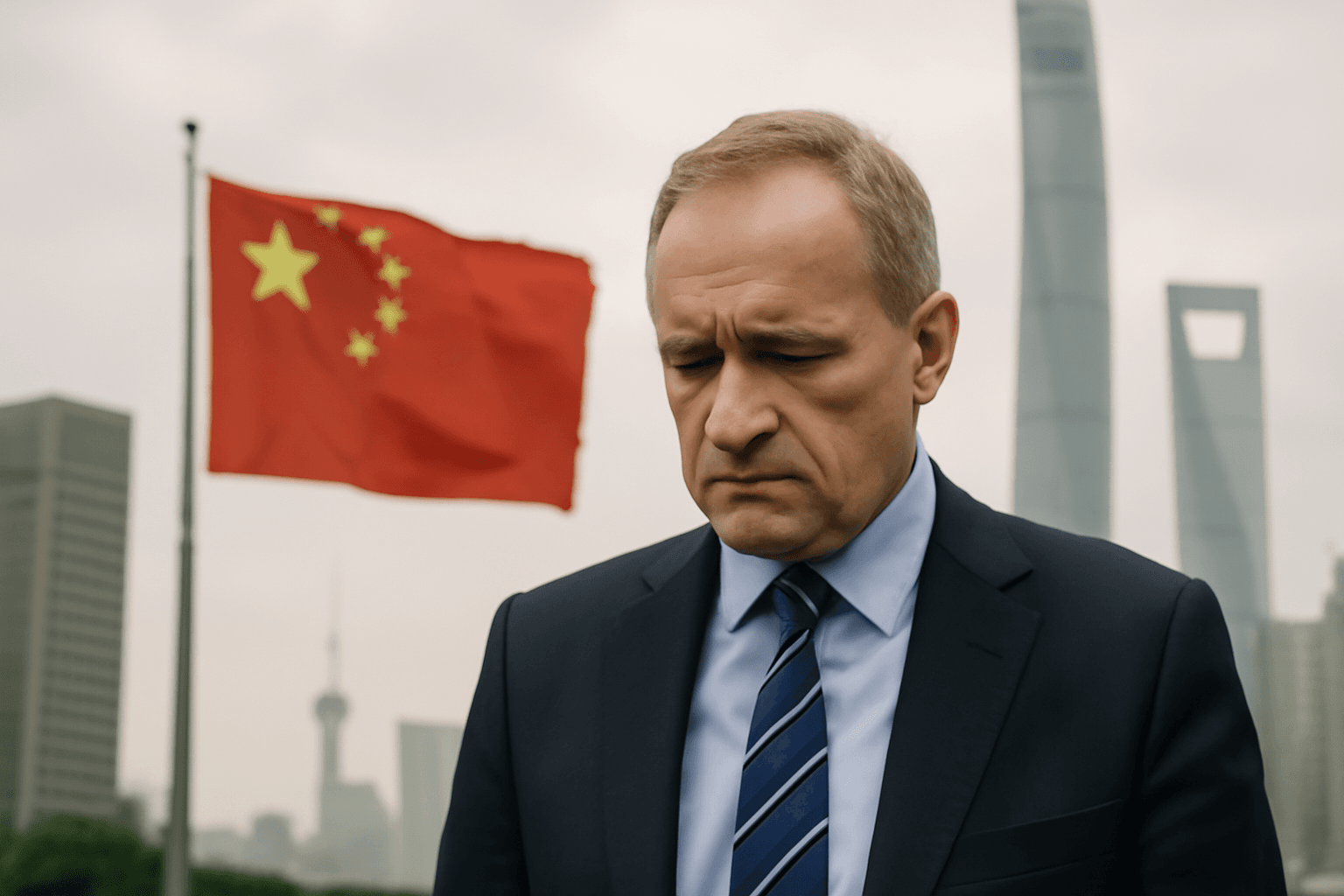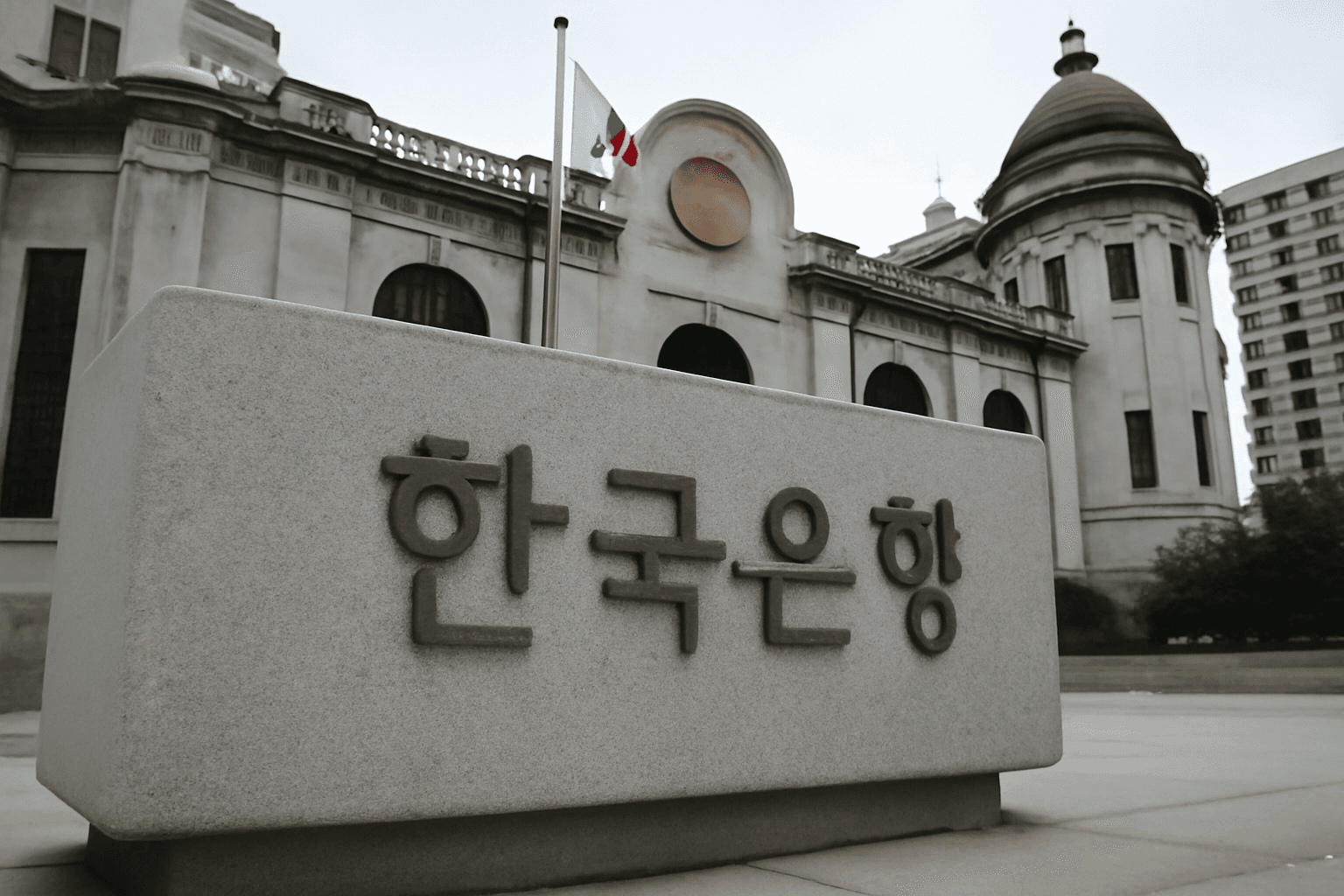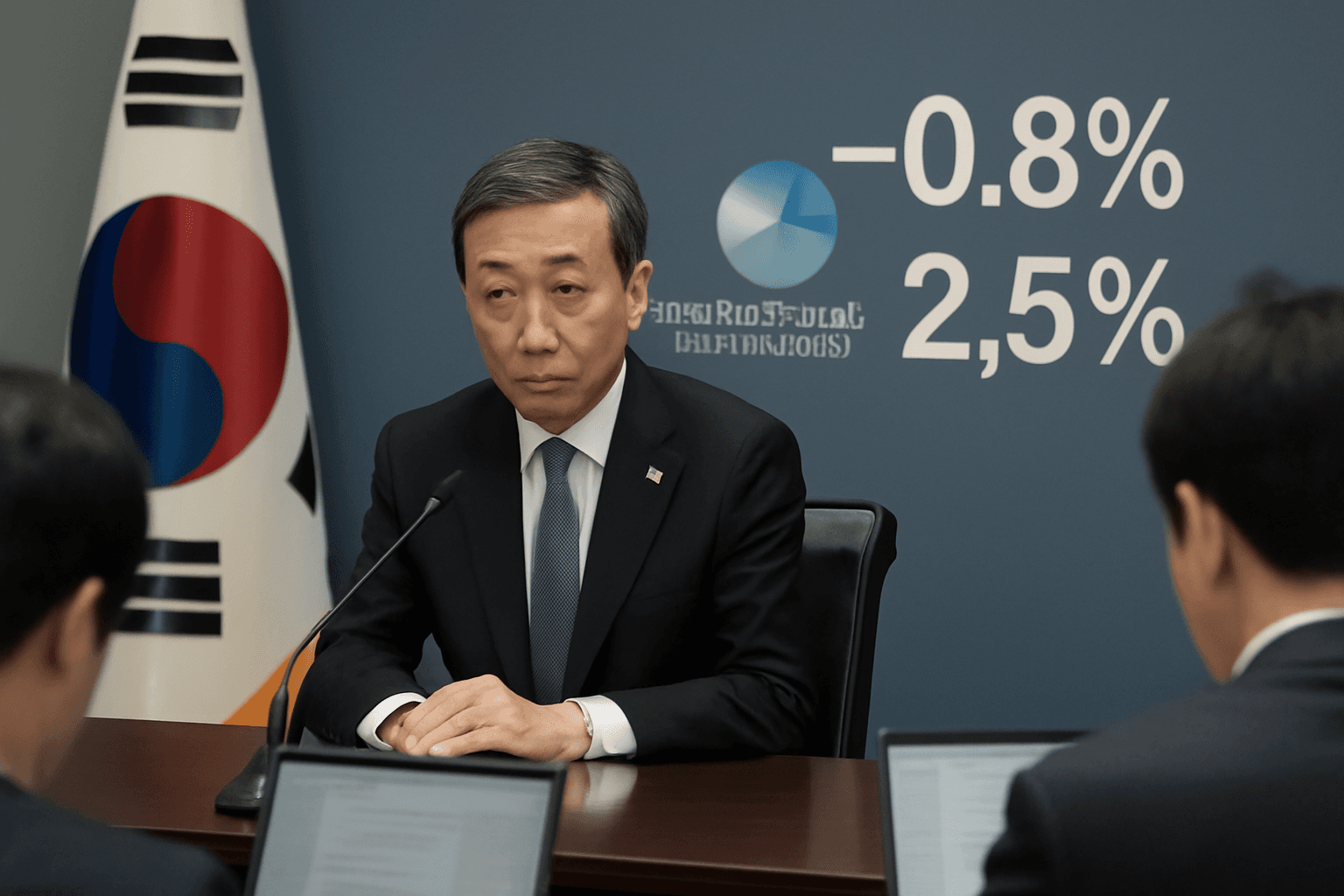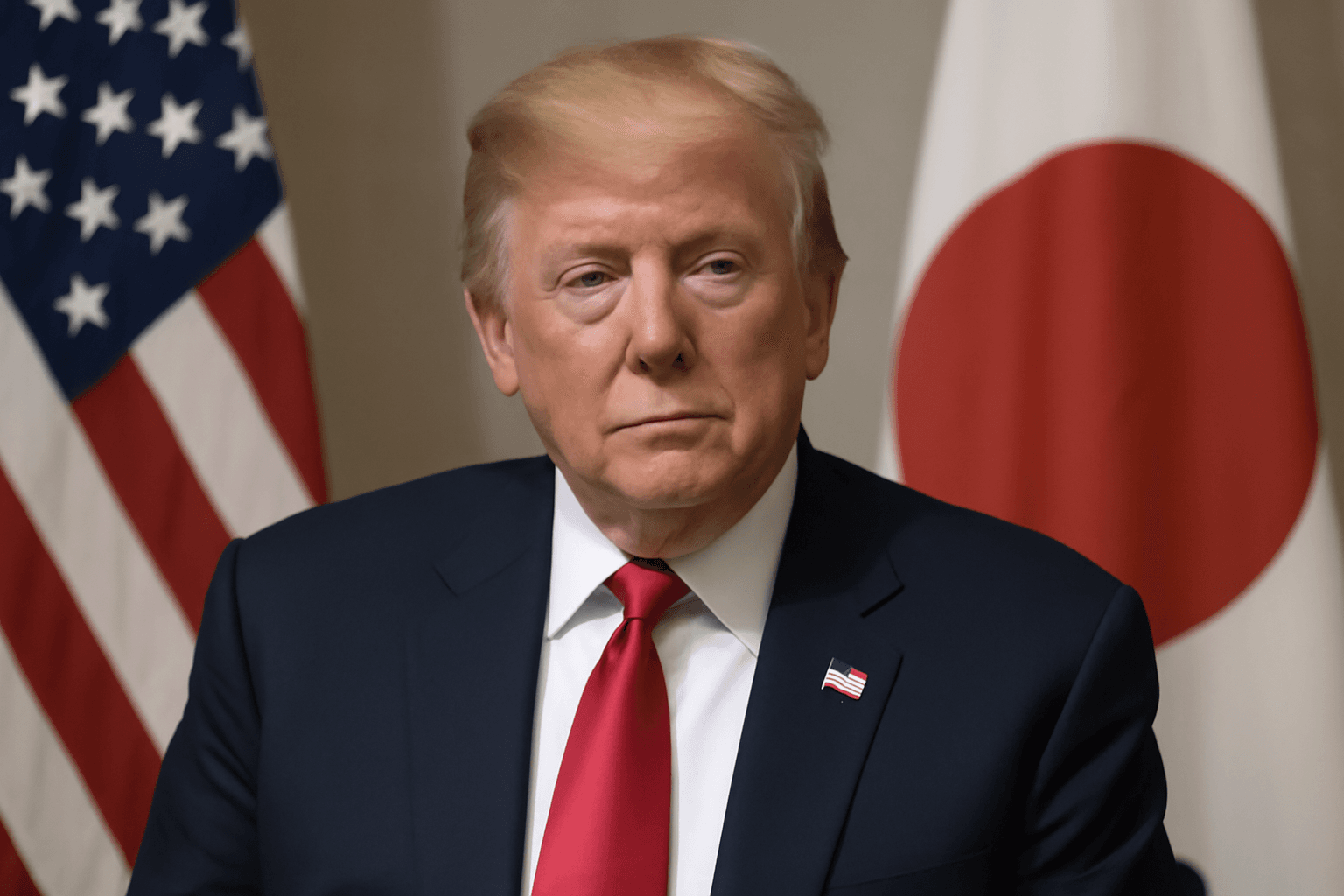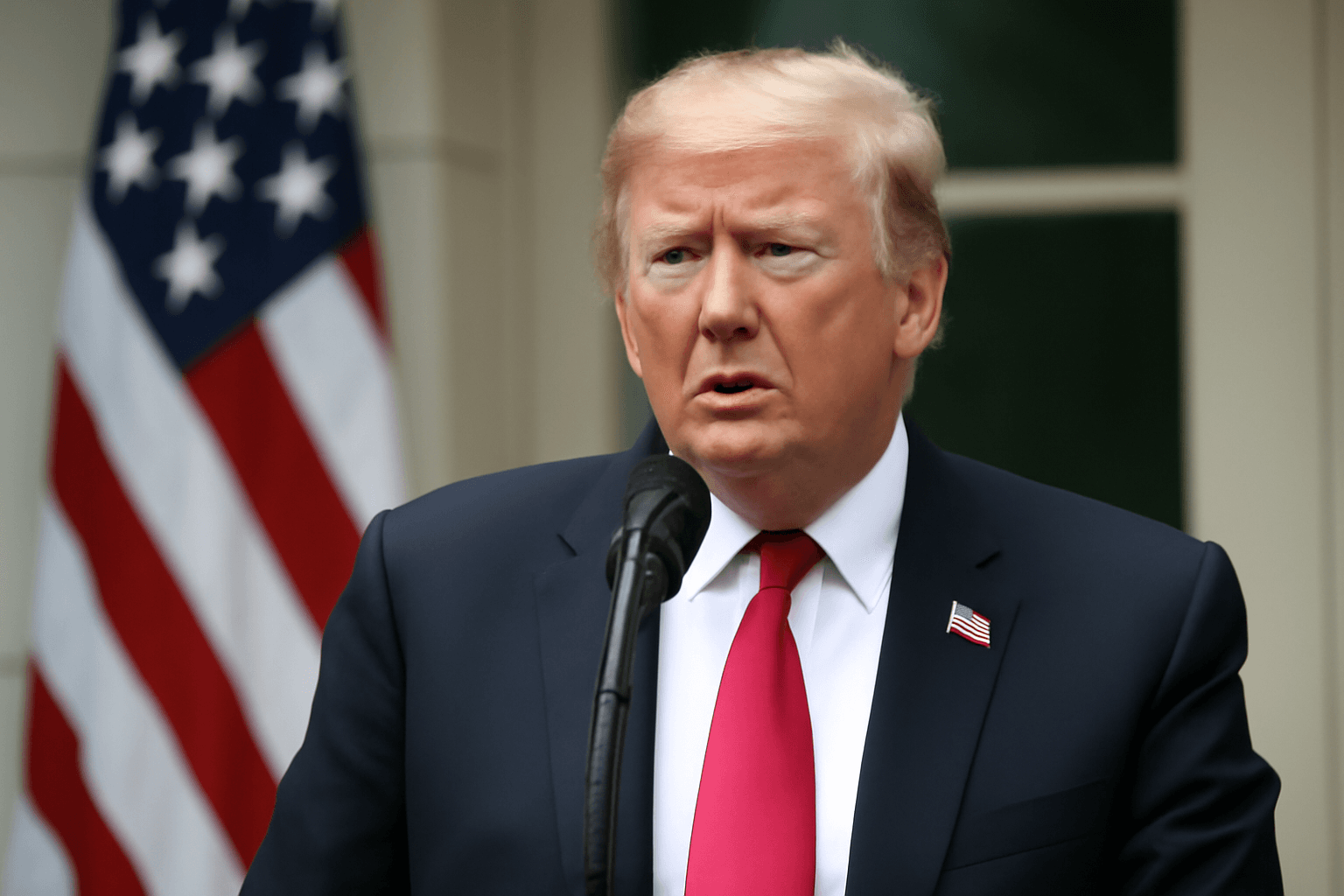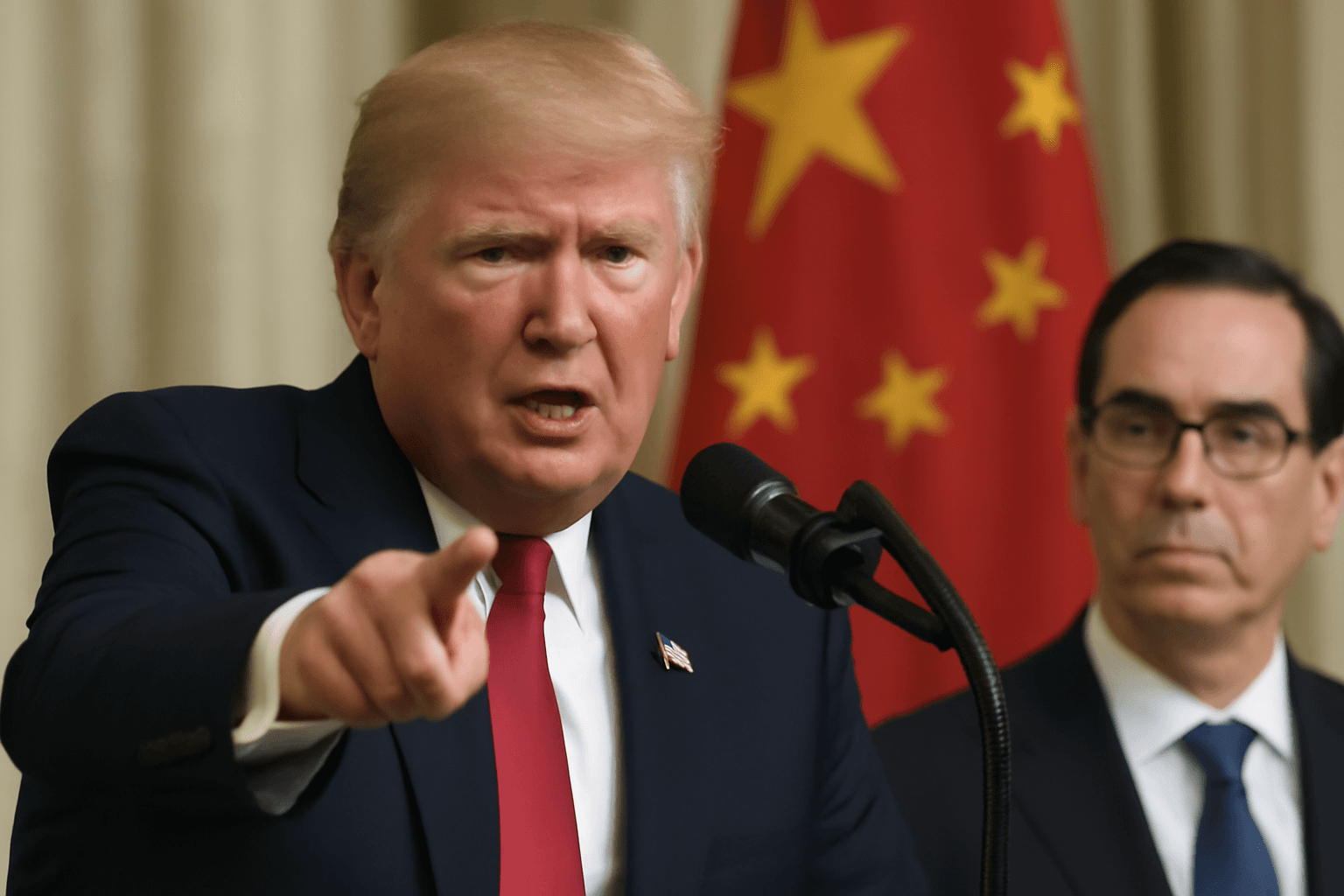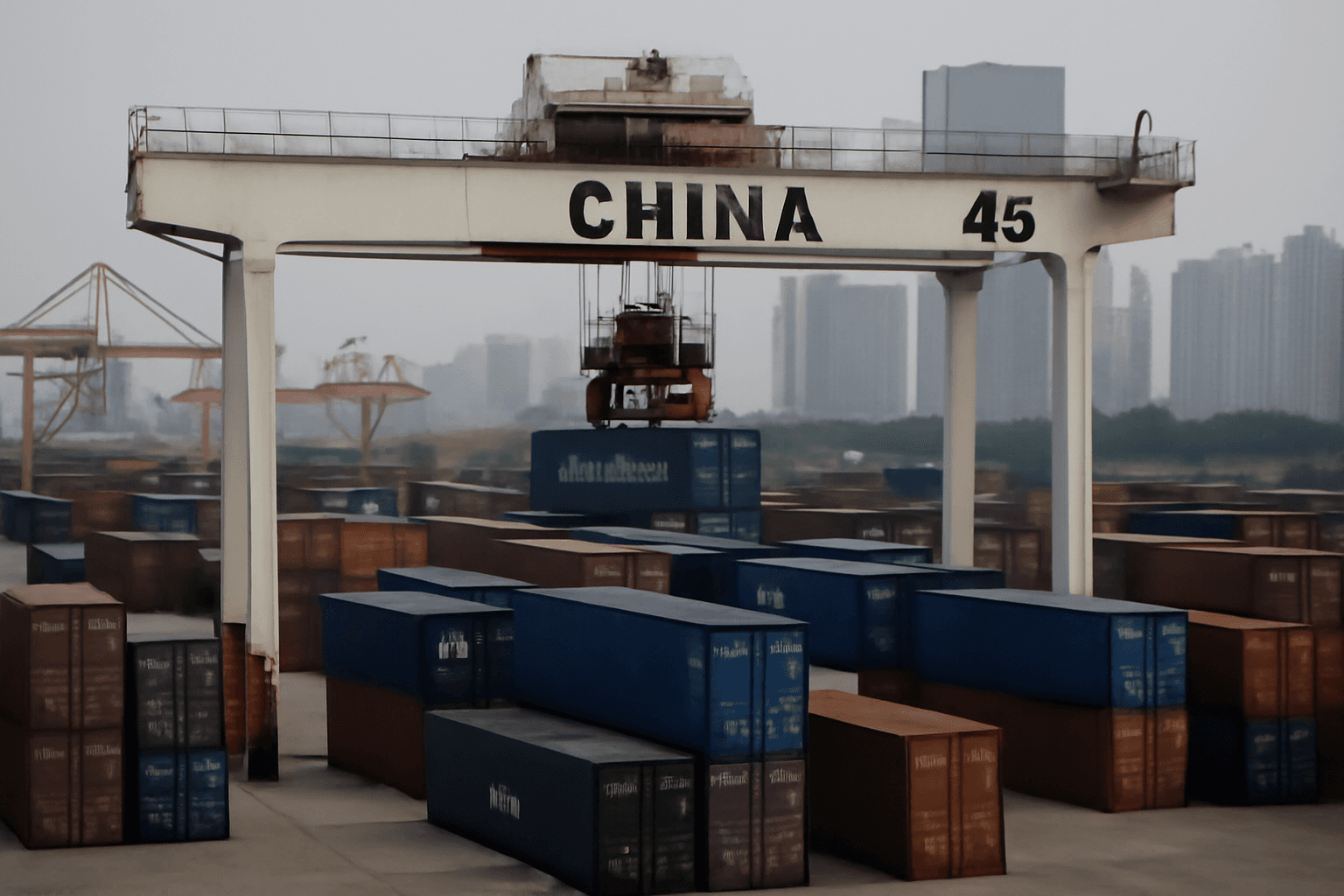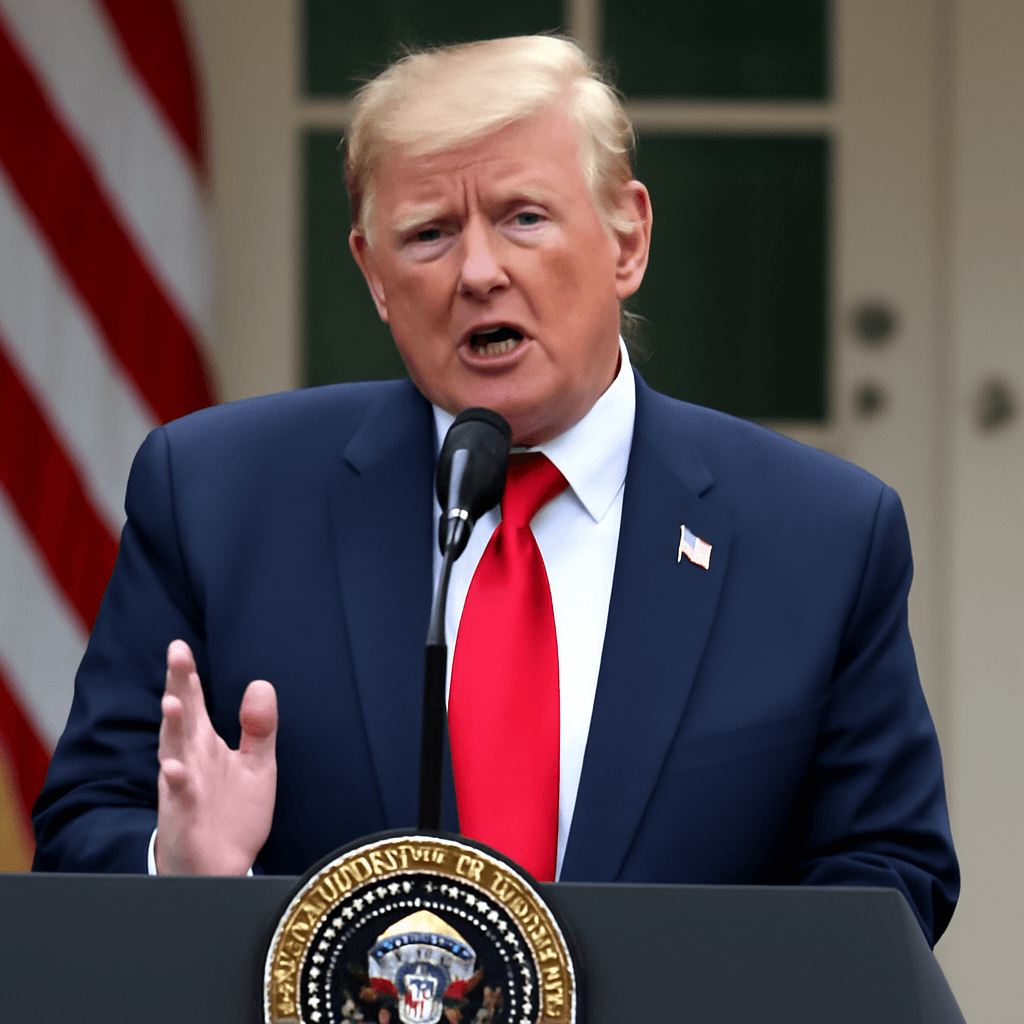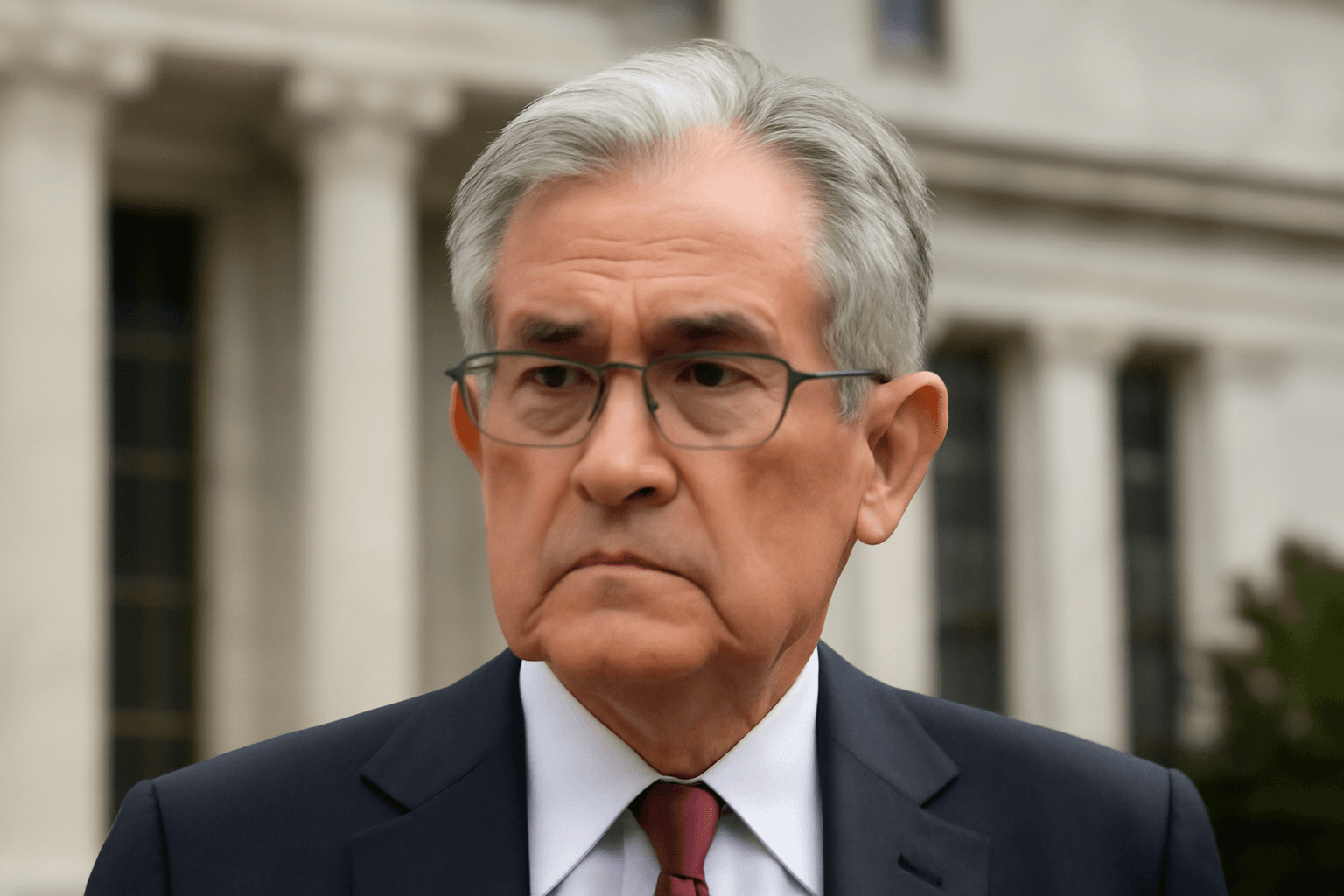BEIJING — U.S.-China trade negotiations have encountered significant delays, prompting Treasury Secretary Scott Bessent to emphasize the necessity for direct dialogue between the two nations' leaders.
In an interview on Thursday, Bessent stated, "U.S.-China trade talks are a bit stalled," while expressing optimism about renewed discussions in the forthcoming weeks. He also anticipated a potential call involving President Donald Trump and President Xi Jinping to advance progress.
Following a sharp escalation in trade tensions last month, Bessent played a pivotal role in facilitating a breakthrough agreement between the United States and China during a summit in Switzerland on May 12. The arrangement temporarily paused bilateral trade restrictions for 90 days, facing a deadline in mid-August.
Despite this truce, tensions persist as the U.S. has continued to impose technology export controls on China, a move that Beijing strongly opposes. Conversely, China has yet to substantially lift its restrictions on rare earth element exports, a critical resource for various high-tech industries.
Highlighting the complexity of the negotiations, Bessent remarked, "Given the magnitude and intricacy of these talks, the involvement of both leaders is essential. President Trump and President Xi share a strong working relationship that can help bring China back to the negotiation table once U.S. preferences are clarified." Their last direct communication occurred in January, prior to President Trump's second term inauguration.
Chinese officials have maintained contact since the Geneva agreement. However, according to Chinese Ministry of Commerce spokesperson He Yongqian, China urges the U.S. to "immediately correct its wrongful practices," especially concerning chip export controls, to uphold the commitments made during high-level discussions.
When inquired about lifting rare earth export restrictions imposed in early April, He refrained from providing a direct response, reiterating that the measures align with international standards and China’s commitment to world peace and regional stability.
In a related development, the Trump administration has announced plans to revoke certain Chinese student visas, prompting a sharp rebuttal from China's Foreign Ministry. Spokesperson Mao Ning condemned the decision as "fully unjustified," accusing the U.S. of using ideology and national security as pretexts.
As both countries navigate these multifaceted challenges, the resolution of trade disputes will likely depend on direct engagement and clear communication between their highest officials.

